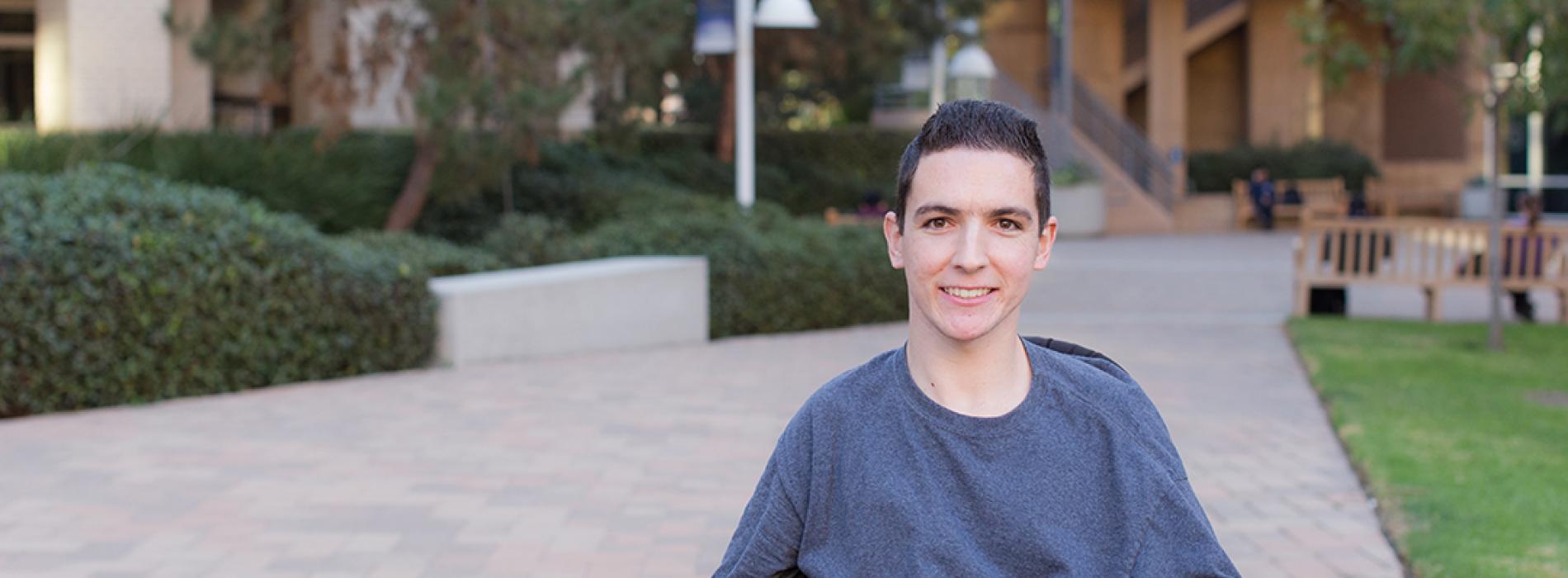
Degree: Master of Urban and Regional Planning
Graduation: June 2018
Home town: Long Beach, Calif.
Why did you choose the School of Social Ecology?
I chose the School of Social Ecology for its unique vision statement in using multi-disciplinary viewpoints to address complex global problems. The school attracts a diversity of aspiring people from different academic backgrounds that – when combined – form what I like to call a “super perspective” that can only be realized when we all contribute to the field. Such an ideology is crucial toward the understanding of how we tackle monumental challenges in the world today, and I found that to be an inspirational endeavor.
How did you grow interested in your current field of study?
Planning is a dynamic field that endeavors to derive solutions to everyday issues that span the global context. I became interested in the field for this reason, and because planning forms the essential nexus to the science behind some of the most pressing environmental concerns, such as climate variability. Science can inform us of the magnitude and nature of the problems. However, planning enables the execution of prudent measures to combat these deleterious impacts to human society.
What has been your most memorable or significant experience so far at UCI?
I’ve been able to contribute toward multiple organizations, which has been the most enriching experience I’ve had during my time here. I am currently the Treasurer of Urban Planning Student Association and the Orange County Chapter of the Association of Environmental Professionals, where I help manage expenses and provide recommendations on spending avenues. Such involvement has allowed me to reach out to different kinds of people, and form valuable networks.
How do you envision your degree from UCI opening doors for you or benefitting your career?
There is much demand for critically-thinking individuals who aspire to become involved in the environmental field. As many of us know, complex environmental problems are becoming increasingly relevant to the work and agenda of planners from around the world. I think my degree would convey to employers that I am ready to confront issues in sustainability through a planning perspective. I’ll have highly coveted knowledge of planning’s foundational principles, history, and significance.